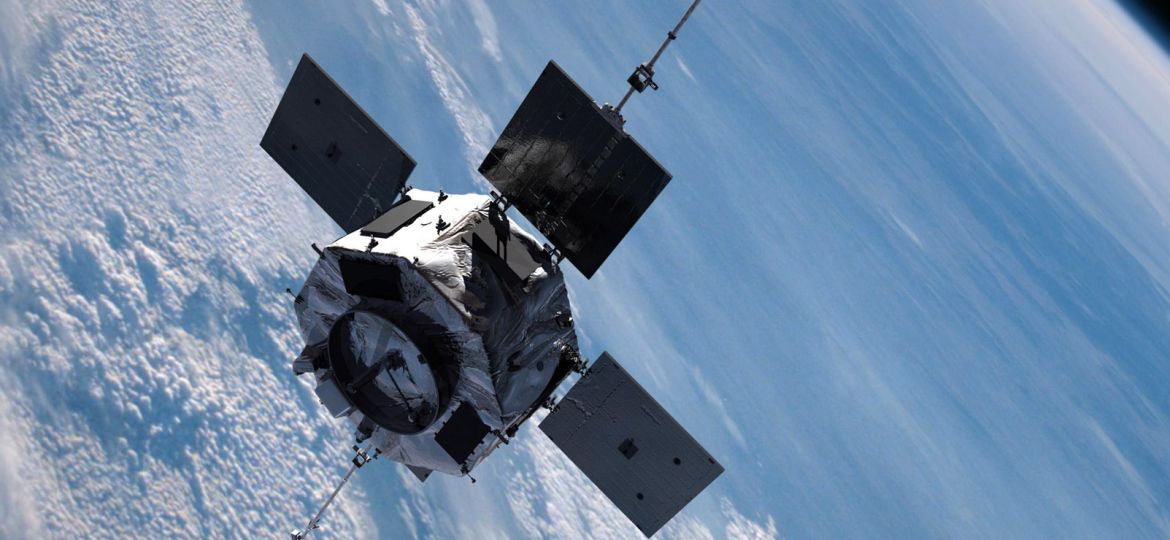
WHY THIS MATTERS IN BRIEF
- Over 65% of the Earths population still don’t have internet, Musks ambitious project will bring them the same internet benefits that the rest of the world have… and fund his city on Mars
SpaceX CEO, Elon Musk, is planning to put more than 4,000 satellites in orbit in order to blanket the Earth with internet access and he plans on using the profits from the project to fund his ambitions to build a city on Mars.
SpaceX, the privateer space company led by Musk, who in 2026 plan on taking men and women to Mars, has requested permission from the US government to operate a massive network of 4,425 satellites – plus “in-orbit spares” – to provide high-speed internet coverage to every point on Earth. In a document entitled simply as”Fixed Satellite Service” filed with the US Federal Communications Commission (FCC) on Tuesday SpaceX propose an initial launch of 800 satellites, beginning in 2017, to create an orbiting digital communications array that will initially blanket the US, including Puerto Rico and the US Virgin Islands with high speed, space based internet access.
In the filing, SpaceX said: “The system is designed to provide a wide range of broadband and communications services for residential, commercial, institutional, government and professional users worldwide.”
While it’s been on the cards for two or more years the system would be one of the first space based alternatives to go live and could potentially be a real challenger to the traditional internet access providers who all too often spend billions burying cables and fibre in the ground that despite being apparently ubiquitous all too often start and end in the cities, leaving rural communities to fend for themselves. After all – if you live in a small village in the Rockies, for example, it’s highly unlikely that any of the cable operators are going to be champing at the bit to spend millions or tens of millions of dollars laying superfast broadband cables to reach you – the economics and return on investment simply don’t stack up. But Musks system, and others like it will change all that.
SpaceX is not the first to propose such a system. As I recently reported similar satellite or high altitude internet networks are under development by Facebook, Google and OneWeb – a consortium backed by Airbus, Coca-Cola, Intelsat, Hughes Network Systems Qualcomm, although Facebook’s initiative recently suffered a set back when a SpaceX rocket carrying their latest satellite blew up on the launch pad.
Each satellite SpaceX proposes to put into orbit, without its solar panels extended, is the size of an average car, measuring 4m by 1.8 by 1.2m and weighing 386kg and they’ll be orbiting between 714 miles and 823 miles above the Earth and the plan is expected to cost at least $10 Billion with Google – despite having it’s own program called “project Loon,” already stumping up $1 billion in support.
















